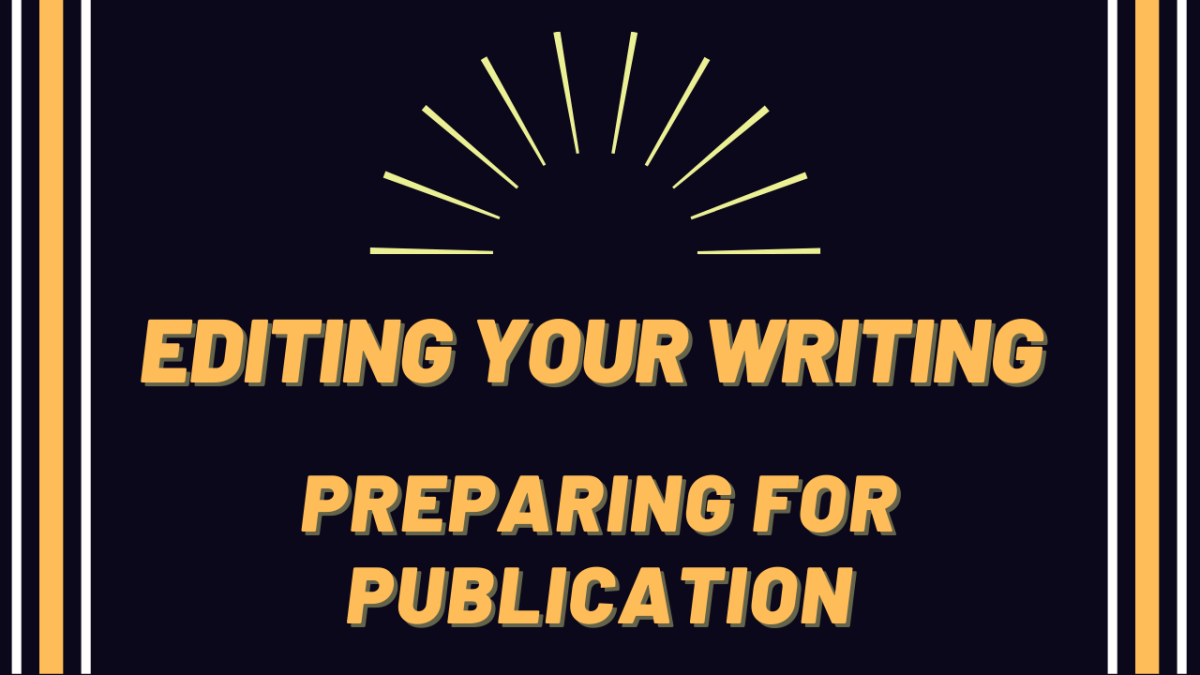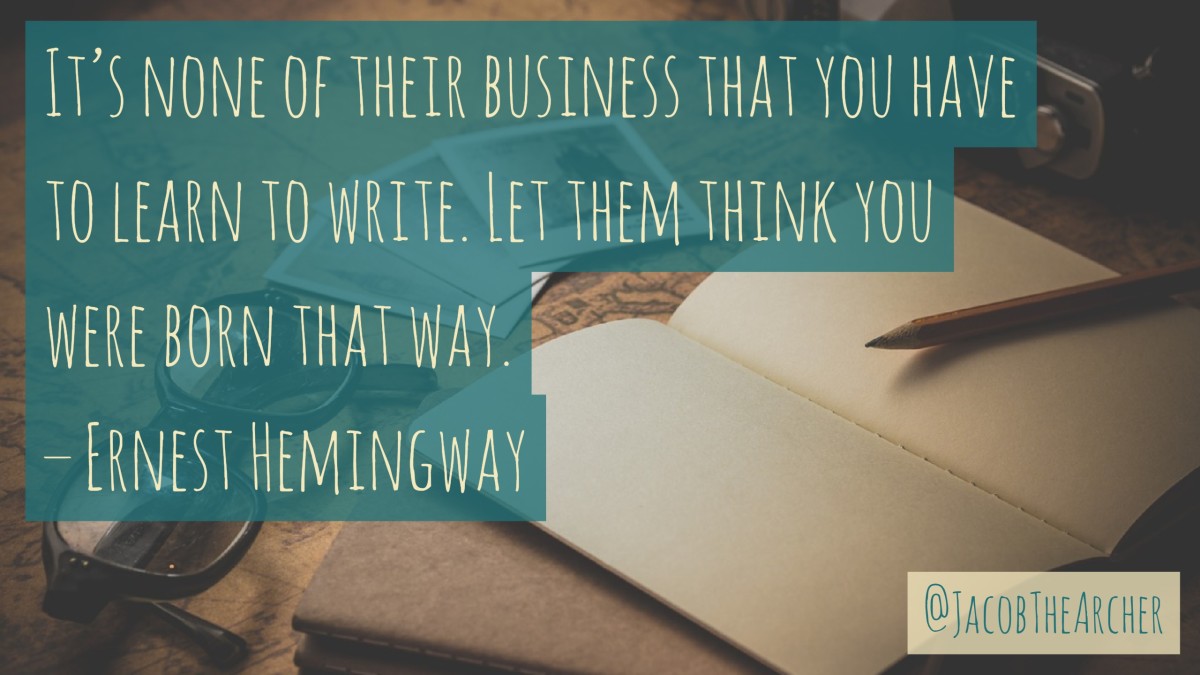How Dissonant Music Made Me a Better Writer

I loved music before I even knew what love was, and can proudly say I've never limited myself to one genre. It's nothing strange for me to jump from Louis Armstrong to Nirvana in one sitting, perhaps even throwing some Waylon Jennings into the playlist.
The music I choose often depends on what I'm doing, but I don't usually limit a given task to any one style. For example, rap, heavy metal, and reggae are all good dish washing music. Classic rock, country, and most of my favorite world music artists are perfect for driving, so long as the songs are upbeat. For lounging around the house or doing simple, mindless tasks, I prefer slower, mellower tunes like folk or old school country.
Writing, however, requires my full concentration, which can't be compromised by song lyrics interrupting my train of thought. Therefore, I almost always stick to instrumental music when I write.
Early Exposure to Instrumental Music
I started listening to classical in my late teens. The orchestrated sounds of stringed ensembles grinding away to the notes of 300-year-old masterpieces made me feel precocious and refined beyond my years. Like movie director, Stanley Kubrick, I wanted to draw upon this grand reservoir, harness its magic, and channel it into my own creative endeavors.
Hardly anyone listens to classical music, which worked to my advantage. Music stores often sold it in the bargain bin for pennies on the dollar, and nearly all flea markets had stacks of old CDs and cassettes once belonging to a deceased relative. I very quickly accumulated a sizable library and began trying out all the different composers, one-by-one, picking out my own personal winners and losers.
My interest in the classics compelled me to take a music appreciation course my second year of college where I hoped to learn even more about the old masters. I particularly remember my first exposure to the early 20th century's atonal movement.
My professor played a piece by Arnold Schoenberg, who's credited for inventing the 12-tone method, which is basically a revolt against the still mainstream notion of tonality (the idea of a song being centered around a given note or set of notes). When we say a song is in the key of A, it means that the note “A” is its key center. Nearly all the standard three-chord rock songs you hear today still follow this rule, even when the songwriters don't know how to read music. Composers from the Schoenberg school of thought, however, felt this was restrictive and wanted to break these rules. In essence, these atonal composers were trying to do for music what Picasso did for painting—reinvent it.
My initial reaction to Schoenberg, Bartók, Stravinsky, Cage and all the other tone rebels she played for us was disgust. The music sounded extremely dissonant and chaotic. The melodic diarrhea spewing from the speakers spun my mind in circles, leaving me frustrated and confused by the end. How could anyone possibly get any kind of enjoyment out of such tripe?
Fed up with all the pretentious, pseudo-intellectuals I so often encountered, I gradually began to lose respect for things I once regarded as refined, including orchestral music. I saw my old self as one of them, and wanted to divorce myself from that way of thinking, so I gave away most of my collection, and stuck the rest in a shoe box and shoved it into a black hole to be forgotten.
Arnold Schoenberg, Composer and Inventor of the 12-Tone Method

How Writing Rekindled My Love and Reconciled My Hatred
Some time after college, the Peace Corps, and grad school, I started having experiences I deemed worthy of jotting down, which developed into a hobby, a passion, and then a craft. I also found a new love for journalism as I stumbled onto the possibility of writing freelance news reports.
Dusting off my keyboard and setting my fingers back to work, I noticed a void and an urge to dig up some of the old instrumental music that once inspired me so much.
Thanks to websites like Pandora and Youtube, I didn't need the old classical albums I'd gotten rid of years before. Having so many free choices, I began experimenting with jazz, world music instrumentals, and eventually western orchestral music, when I came across my old friend Arnold Schoenberg and his atonal entourage once again.
Like before, I felt trapped by the dissonance of Schoenberg's melodies as my subconscious mind struggled to make sense of them. My inner perfectionist was dying to jump into the speakers, grab hold of the disjointed notes, and move them into some kind of tonal order. However, as I pounded away at the keys I began to notice how much faster and more efficient I thought and typed. As I sought harmony in the disharmonious sound, my brain came alive. The words that came out onto the page, compared to earlier work, seemed much clearer and more direct.
Knowing that I could never make order out of Schoenberg's chaos, my mind became frustrated and I needed a place to take out this frustration. Writing proved to be the perfect vehicle, as it was within my direct control, unlike the music. Thus, the cognitive dissonance Schoenberg created in my head was exactly what I needed to propel myself in my writing.
To this day, I consider the 12-tone method one of my greatest writing tools, as it never fails to keep me focused and wanting to write more. With a mind that wanders astray as much mine, who could ask for anything better?








